With his scruffy beard, baggy trousers, plastic slippers and prayer beads, Ihsan Eliacik seems the archetypal conservative Muslim. He is anything but that. At a gathering of anti-government protesters in Istanbul’s secular Besiktas neighbourhood he was applauded when he railed against Turkey’s prime minister, Recep Tayyip Erdogan, after breaking the Ramadan fast, the Iftar (pictured), with a motley bunch of students, hippies and gays.
Mr Eliacik has emerged as the public face of anti-capitalist Muslims, a loose group of pious activists, who deplore what they see as the venality, hubris and ostentation of Mr Erdogan and a new Islamic bourgeoisie that has thrived under his Justice and Development (AK) party. “Islam is about social justice, not about rituals like praying five times a day, or women covering their head,” says Mr Eliacik. “Its rules are simple: don’t hurt others, don’t steal, don’t lie, don’t remain silent in the face of wrong, and respect the environment.”
The group joined the protests that have ripped through Turkey. These were ignited by a violent police crackdown on greens protesting against plans to build a shopping complex over Gezi Park near Istanbul’s Taksim Square. The protests swiftly turned into general anger at Mr Erdogan’s determination, through giant construction projects, restrictions on booze, rants against abortion or censorship of the arts and the media, to impose his Islamist view.
The anti-capitalist Muslims have dented Mr Erdogan’s efforts to paint the protests as part of a long battle between coup-addicted, dissolute, secular “white Turks” and downtrodden pious “Black Turks”. Mr Erdogan has derided the protesters as marauders and accused them of drinking and copulating in an Ottoman-era mosque. Yet in the two weeks before protesters were brutally evicted by riot police, they formed protective human chains around their anti-capitalist Muslim friends as they did their daily prayers. “After this experience I am ready to cross myself in a church and to light a menorah in a synagogue,” said Mr Eliacik, who is being sued by Mr Erdogan for calling him “a meathead” and “a dictator” in tweets.
The protests have mostly died down. Although Mr Erdogan’s image is battered he remains popular with his base. But a fresh spasm of violence has erupted after the death from brain injuries of a 19-year-old student allegedly clubbed by plainclothes policemen in the early days of the unrest. Public fury grew when it emerged that security cameras that filmed the scene had been deliberately damaged in an attempted cover-up. Three people have died as a result of police brutality during the protests; two others remain in a coma after being hit by tear-gas canisters, which Human Rights Watch, a New York-based watchdog, says were used as “lethal weapons” rather than to disperse crowds. (Milliyet, a mainstream Turkish daily newspaper, reported that police had fired a staggering 130,000 teargas canisters over three weeks.)
Such tactics have failed to extinguish what the protesters call the “Gezi spirit”. Many have been congregating at park forums and open-air Iftars organised by the anti-capitalist Muslims. Yet another frontier was breached during a joint Iftar with members of the much-persecuted Alevi Muslim sect, who neither pray at mosques nor fast during the Ramadan. “I watched them dance, then I prayed with them,” Mr Eliacik recalls. “It was,” he concludes, “a most divine moment.”
